Food waste is starting to get the attention it deserves. It remains one of the biggest problems affecting the global food system and is particularly troublesome in the United States.
Last week, AgFunderNews reported on a new study conducted by a data-driven food waste initiative ReFED concluding that the US spends more than $218 billion on the production and disposal of food that goes uneaten. This reflects roughly 63 million tons of food waste.
So it’s good news for proponents of food waste technologies that WISErg, a Californian waste-to-fertilizer company has raised a $12.3 million venture round. According to GeekWire, the company is planning a follow on raise in the very near future. The investors in the round were not disclosed.
Last year, the company raised a $11 million Series B led by Seattle-based early stage investment firm Second Avenue Partners, former Amazon.com and Microsoft exec Brian Valentine, and others. This raise brings the company’s total capital funding to over $20 million.
Founded in 2009 by ex-Microsoft employees Larry LeSueur and Jose Lugo, WISErg provides grocery stores with a way to recycle expired produce and leftover prepared foods. Almost any food is fair game for the Harvester, including meat, fish, and produce. The company’s Harvester machine extracts any nutrients remaining in the food and stabilizes the solution so that it can be transferred to a WISErg location in the region. Essentially, the machine prevents the food from putrefying and reduces odors, pests, and greenhouse gas emission that commonly result from the decomposition process.
At the facility, the waste material is transformed into a liquid fertilizer that farmers or hobby gardeners can use as a crop input. The fertilizer is 100% water soluble and approved for use in organic crop production. According to WISErg, its patented technology generates nitrogen that is more readily available compared to other organic fertilizers. There are no application restrictions and the liquid can be applied using a wide variety of fertilizer equipment including drip tape, sprayers, and overhead irrigation.
On the other end, the machine creates a data-driven report that grocery stores can use to improve their management of produce and prepared foods with an eye toward saving money.
“Traditional approaches to managing food waste—landfilling, commercial composting, and anaerobic digestion—are wasteful and environmentally unfriendly,” reads WISErg’s website.
So far, WISErg has contracted with big names like Whole Foods, Red Apple, and PCC to test out its technology. A number of restaurants and other food vendors have also signed on. The company is hoping to place Harvester devices in restaurants, grocery stores, and food service facilities of any kind.
In 2014, WISErg was named as one of the Seattle 10 startup companies, and Fast Company recognized the startup as one of the most innovative food businesses in 2015.
WISErg is not the first startup to transform food waste into crop fertilizer. California Safe Soil works with local supermarkets to collect food that can no longer be sold or donated. It composts the food waste and converts it into its organic-compliant Compost 2.o fertilizer input product. The product leftover after processing can then be fed to livestock.
Other technologies also hoping to battle the problem include Winnow, a UK software service helping restaurants track their food usage and waste, Harvest Power, a food waste recycling and anaerobic digester company, and biorefinery equipment company Blume Distillation.
Although some may see the influx of startups innovating in the food waste space as competitors, there is plenty of uneaten food to go around. According to the recent ReFED report, it will take roughly $18 billion in spending to reach a 20 percent reduction in food waste over the next 10 years. Hopefully investors heed this cue and continue to fund the fight against food waste.
Do you have a technology aiming to combat food waste? Get in touch! [email protected]
Have news or tips? Email [email protected]

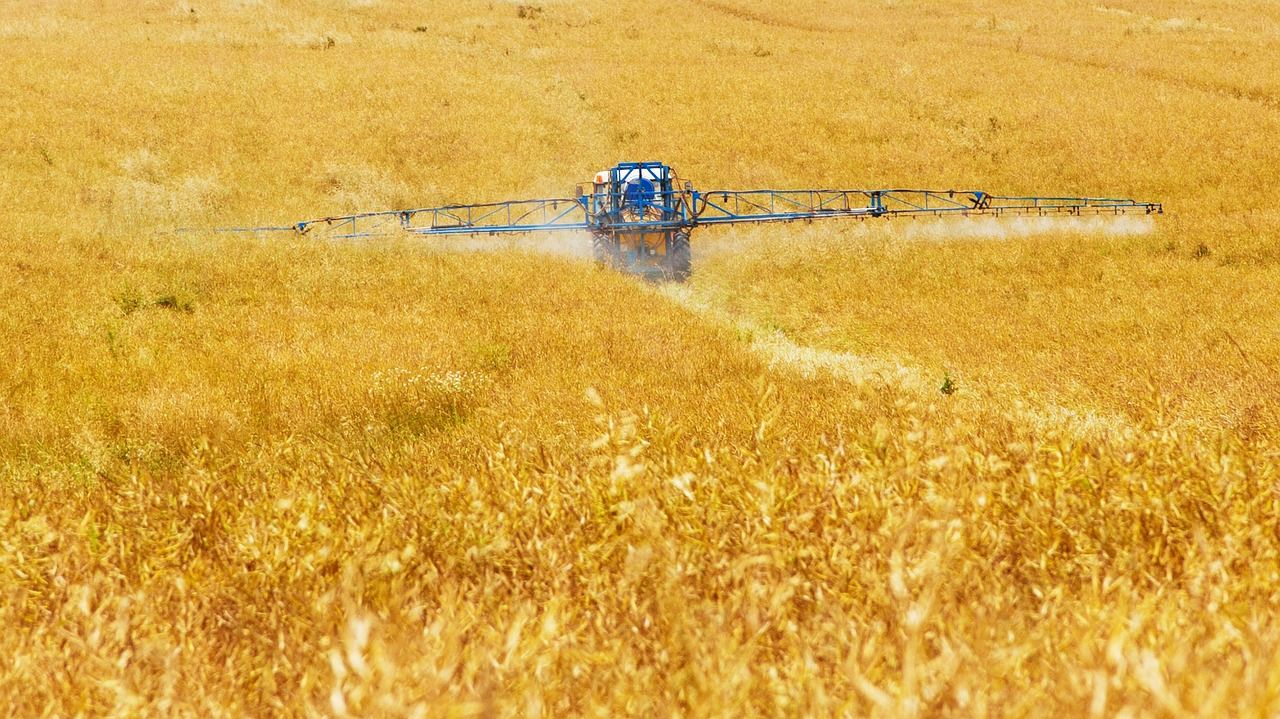
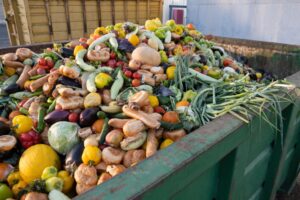


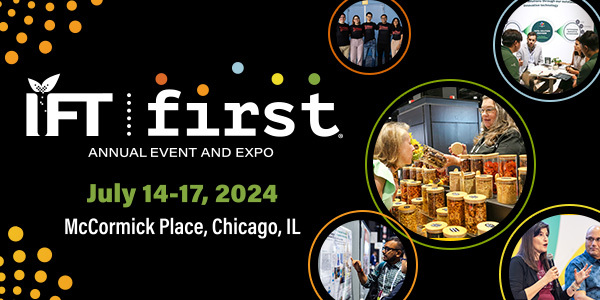
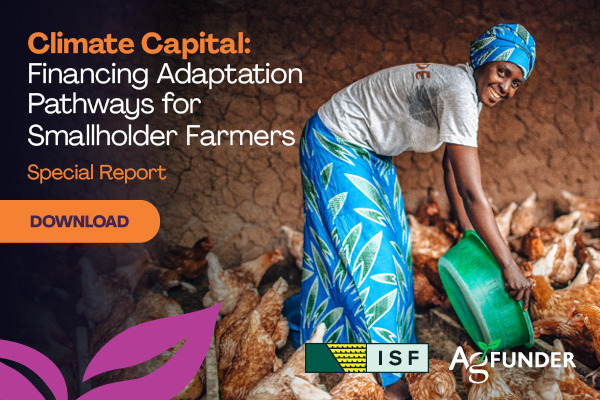
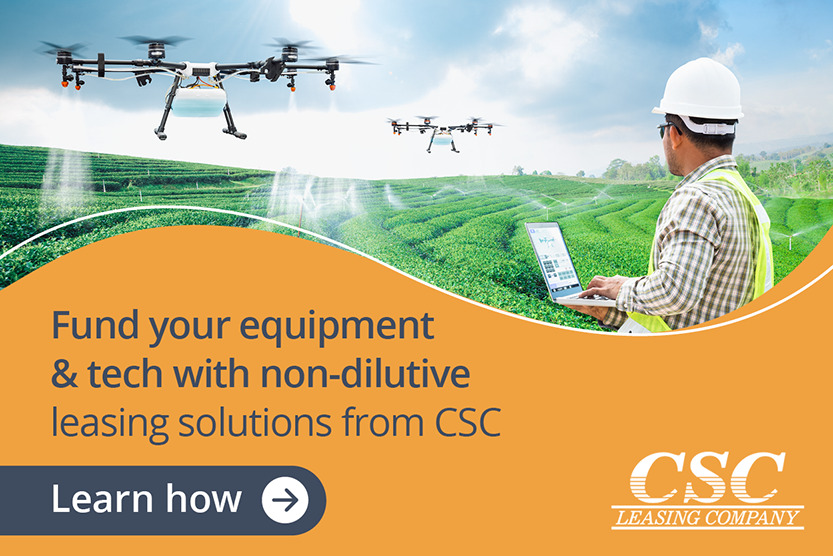

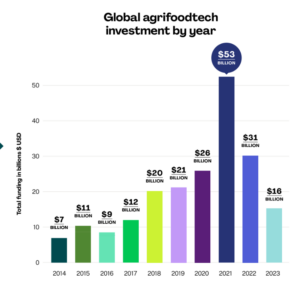
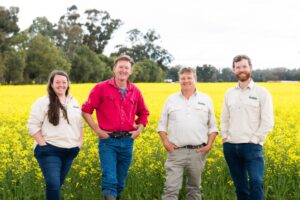


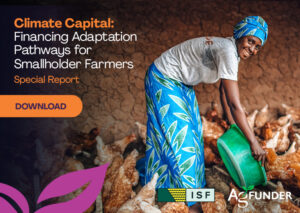

Sponsored
International Fresh Produce Association launches year 3 of its produce accelerator